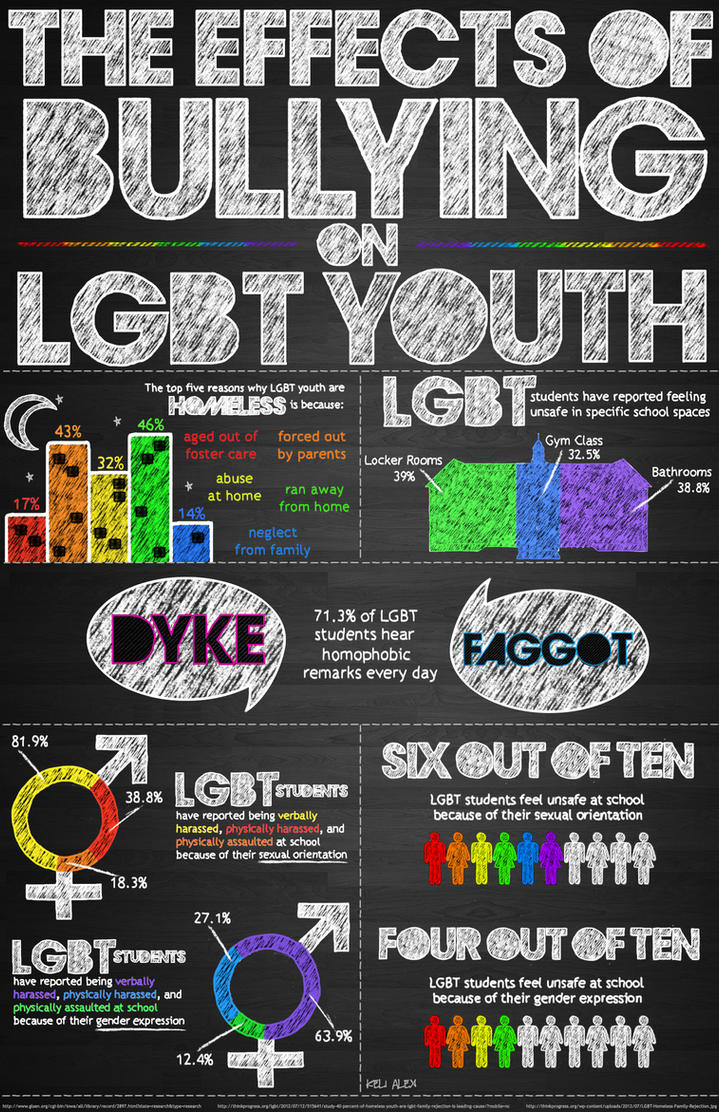
While Justice for Sisters co-founder S. Thilaga (applauded the countries' initiative to promote and protect lesbian, gay, bisexual and transgender (LGBT) rights, she hastened to add that it would not solve local LGBT problems.
"It's great that those who want to get married now have a nearer option to do so. However, the condition in Malaysia is completely hostile, so I don't understand how people getting married abroad would help to solve that," said the 26-year-old activist in a phone interview with The Star Online.
Beyond the prospect of individual happiness, a marriage certificate for same-sex couples would also open and advance debates on adoption rights, inheritance law, spouses' rights at the workplace, and more.
"Marriage should not be the only definition of victory for the gay community. There is still bullying in schools and hate crime, so people still can't express themselves openly," she added.
In Thailand, homosexuality was decriminalised in 1956, and now a draft law seeking to offer lesbian, gay, bisexual and transgender, inter-sex and queer couples the same legal rights as heterosexual couples is reportedly being readied.
Meanwhile, in October, Vietnam's national assembly will also debate new proposals to modify the law on marriage and family to include same-sex marriages.
As Malaysia does not have a receptive environment for LGBTs, Syariah lawyer Nizam Bashir thinks that the possible availability of same-sex marriages in the region holds little meaning for homosexuals here.
"The Penal Code and Syariah Criminal Enactment have provisions criminalising certain consensual sexual activities.
"With provisions in various states (in relation to Syariah law) affecting Muslims, how can we talk about gay marriages? We are far from that as Malaysia is not prepared to recognise same-sex unions," said the 39-year-old when contacted.
Section 377A of Malaysia's Penal Code prohibits carnal intercourse against the order of nature, which includes oral and anal sex. According to Section 377B of the same, offenders can be punished with up to twenty years in prison and are also liable to whipping.
The Syariah Criminal Offences Act (Federal Territories) 1997 (Act 559) also states that those found guilty of sodomy (liwat) or lesbian relations (musahaqah) are liable to a fine of up to RM5,000, imprisonment for up to three years, whipping not exceeding six strokes, or any combination thereof.
"We need to consider whether there is a way to reconcile our views in terms of their existence. It's a bit more difficult accepting it from a religious perspective, but due recognition must be given in civil law," he said.
"No one should be made to feel 'excommunicated' or suffer a social death after coming out," he added, noting that mainstream Islamic scholars like Tariq Ramadan have called for introspection on such issues.

According to activist, artist and arts consultant Pang Khee Teik, such a ruling in the Asean region would not only affect homosexual societies, but also everyone concerned about such developments.
"For those against LGBTs, marriage equality is a sign of society's decline. For those in support, it is a sign of progress," said the Masters student in Gender, Sexuality and Culture at Birkbeck, University of London in an e-mail interview.
However, there are also many parties who are not bothered about the issue.
According to Pang, while some Malaysian LGBTs have managed to live openly among their friends and families, many others have more pressing things to worry about.
These include being discovered and getting fired from work, being disowned by families, and getting arrested.
"Whether gay or straight or bisexual, there are many who see marriage as nothing more than a social pressure to marry, a legal officiation of a personal relationship," he said.
To him, the issue transcends sexuality, as legal, economic and social privileges afforded to married people create an inequality between married and unmarried individuals that many no longer question.
"It is great when adults are allowed to marry each other, and this right should be celebrated wherever people realise that it should be.
"But it is neither the most important right presently for LGBTs in Malaysia, nor should it be the only socially desirable destination for everyone, whether gay or straight," he said.
Pang feels that the state has no business regulating private relationships, and stressed upon the importance of encouraging parents and communities to respond with equal respect and love.
"Presently, our communities are taught to hate, misunderstand and reject, based on the fear we absorb through state policies and political discourse around who is acceptable as a citizen and who is not," he said.
"I long for the day when people are simply given the choices to determine who they are, who they love and who they want to tell that to, while their families and communities are allowed to support them. And that together, we are recognised through our love for each other rather than our hate," Pang added

















.jpg)





.JPG)







Love the last statement so much.I think should put more effort on younger generation while try change the fixed attitude of adults.
ReplyDeleteWe need to let children understand what's homosexuality without any prejudice and wrong image involved. Nor a taboo for them to talk or ask. In the end, they are the one lead the better future.